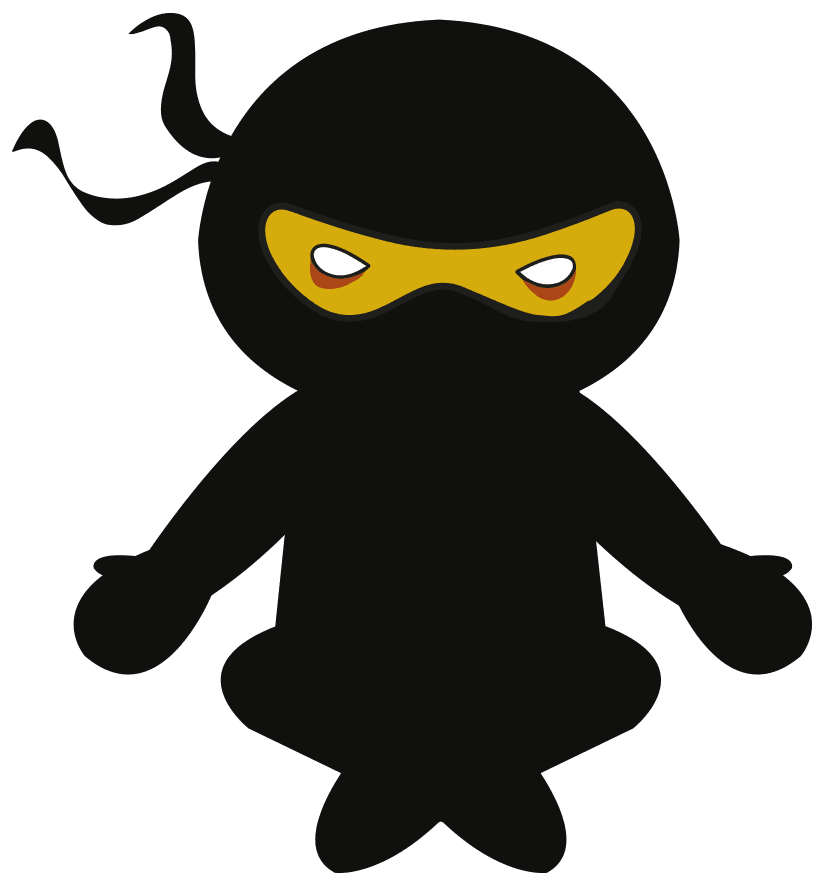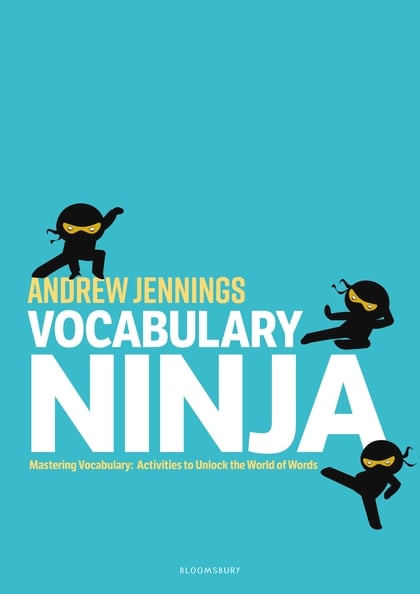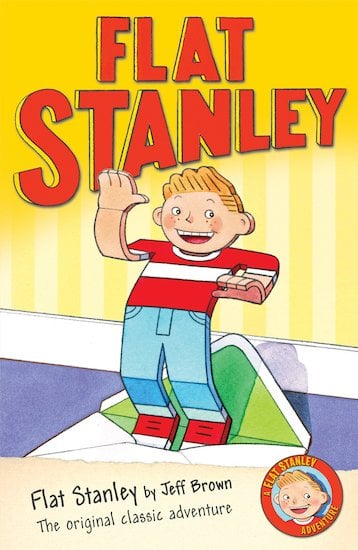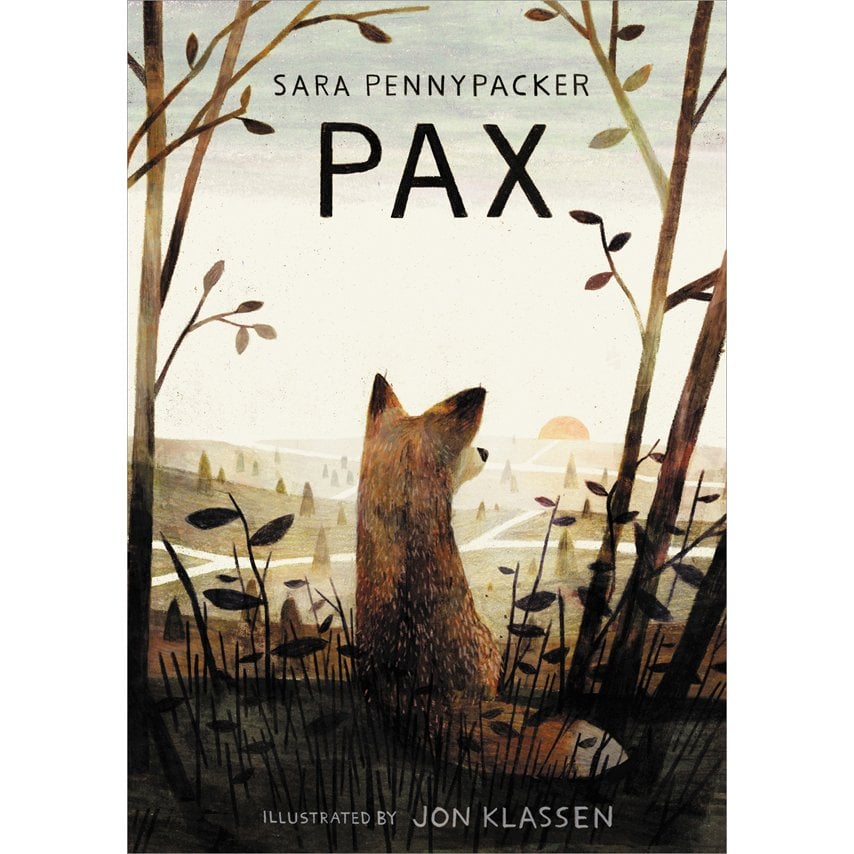The Reading Realm Blog Series: Educators doing extraordinary things
Today we welcome the ever elusive, constantly sneaky, lover of words Vocabulary Ninja into The Reading Realm, to discuss his favourite books, his earliest memories of reading and the role of EduTwitter in his career so far…

Name: Vocabulary Ninja
Twitter handle: (@VocabularyNinja)
Link to blog/website: www.vocabularyninja.co.uk
What is your current position?
During the Day – Assistant Head, Year 6 Teacher, English Leader, KS2 Phase Leader.
All other times – Vocabulary Ninja working from the Vocabulary Dojo!
When, how and why did you get into education? What did/do you want to achieve?
I was working for Middlesbrough Football Club Community department working in schools, having left University not really knowing what I wanted to do as a career. On a number of occasions I received very complimentary reports from teachers and schools, with the odd comment saying I should become a teacher.
How do you feel the education landscape has changed since you started in your role?
This is now my 8th year of teacher and I’m now in my third school. Having worked in three different environments and cultures and with very different philosophies, I feel I have been able to adapt, learn and grow with the changes we have seen in education. Obviously, accountability is high and money is low. I am concerned about the profession for its professionals, it’s hard work being a teacher. EduTwitter for me has been an invaluable resource, and has offset the negativity that can sometimes get hold of the most positive practitioner. There’s a whole world of schools out there!

What are your earliest memories of reading and writing?
If I’m honest, the one that sticks in my mind is the stress that writing especially used to cause me. I’d leave homework over the holidays to the last day and it would end up in tears for everyone. I wasn’t a big reader or writer as a child: I loved being outdoors, playing, falling, breaking, laughing and everything that came with it. I always felt like reading and writing got in the way. I try to use my own experiences to better understand the pupils I teach. Not everyone wants to read. You wouldn’t make a child go to football training if they didn’t enjoy it. Importantly, because I left school being able to read fluently and confidently, the enjoyment factor of reading has come to me a lot later in life. I still sometimes feel as though I’m too busy to take an hour to read. So I value the books we share in school, with the children.
How do you try and foster a love of reading in children?
In my experience, being able to discuss books with children, recommend them in class and making them of the highest priority in the classroom is very effective. Also, having books that they want to read, or might be willing to try is vital. Stocks of outdated, average books – all of the same genre – just don’t cut it sometimes. Just show the children that you love books, spend time reading with them, do the voices, jump around, even dress up!
What has been your most successful reading or writing lesson or activity with children?
Over the last few years, I really feel as though there have been lots. One that stands out with reading is some of the work I have taught around skimming and scanning, linked to retrieval of information. Using agreed language with staff and children about keys words and key information. Making generic and ambiguous statements really explicit to ensure that children are clear and confident. The outcomes have been staggering.
What advice would you give to parents whose children say they don’t like reading?
Having already touched on this one, I’d really advise on not putting too much pressure on them. Making them read and creating a negative atmosphere around reading won’t help. Do it with them, spend time doing it together. I distinctly remember being made to sit in a chair and being given a book called Fluke. I think it was about a dog, or a man in a dog’s body. My parents were trying to encourage me to read something that they had enjoyed, but it doesn’t work like that. Believe it or not, it’s OK if a child doesn’t like reading…right now. If they find reading a challenge then it’s understandable that they may not enjoy it. Just stay positive and engage in the books with them.
What books do you remember from your childhood? Do you have a favourite?

I do remember Flat Stanley was one of the books that people were always eager to get their hands on. I loved having Goodnight Mr. Tom read to us as year 6 children. I also always quite liked the books where you got to choose what happened next in the story by turning to a certain page: they were great! You don’t seem to see them anymore and I’m sure children would love them!
What was the first book that made you cry?
Ninjas don’t have tear ducts….. 🙂
What authors did you dislike at first but grew into?
I don’t tend to read to much of the same author. I tend to dot around from recommendation to recommendation, especially with the flood of literature that is being published nowadays.
What’s your favourite under-appreciated novel?
I recently re-read this to my 4 year old daughter last month: Matilda. I know people will read this and think that that wouldn’t be an under appreciated novel, but I sometimes think Dahl, like others, gets a raw deal. Matilda is a beauty of a story. Don’t forget the ‘old’ stuff.
Have you ever experienced reader’s block?
Yes! All the time! Haha!
Are you drawn to a particular genre or type of book or do you read a variety of genres?
Modern children’s literature is my current focus, but I also enjoy reading non-fiction and am trying to find time to read more historical and geographical non-actions texts.
What book are you currently reading?

Where’s your favourite place to read?
In school with the children, or next to my children’s beds, reading with them.
Which books do you think have tackled the issues of diversity and difference particularly well?
It’s probably not quite floating in the diversity and difference pool of books, but, The Miraculous Journey of Edward Tulane was a true winner! The character encounters many hardships in his relationships, offering up great and powerful discussions with the children you are reading it with.
Which three books would you recommend to primary/ secondary school aged children and why?
All of these books have been loved by the children that I have read them too.
Arthur and the Golden Rope by Joe Todd-Stanton: It’s a fabulous graphic novel, great for engaging your not so eager readers, with a fabulous storyline and interesting characters. Flying Eye Books, who are the publishers, also have lots of other amazing books to keep readers going if they love the style.
The Miraculous Journey of Edward Tulane by Kate DiCamillo: As mentioned previously, the characters, the emotional trauma at an age related level makes this wonderful for discussions and predictions about what might happen next. There’s twists and turns, the book never really allows the reader to settle before it moves onto the next part of the story which keeps younger readers engaged! Great twist at the end too!
Friend or Foe by Michael Morpurgo: Children once again at the heart of the story. David and Tucky are great characters and the relationships they develop in challenging circumstances are great. I always enjoy reading it with children. Another factor for your pupils who sometimes struggle to engage, is that it is a shorter novel, so continues to be an achievable goal to read it and enjoy it.
This slideshow requires JavaScript.
Finally: in one sentence, what does reading for pleasure mean to you?
My reading for pleasure comes from reading to and sharing books with my pupils and my own children.

